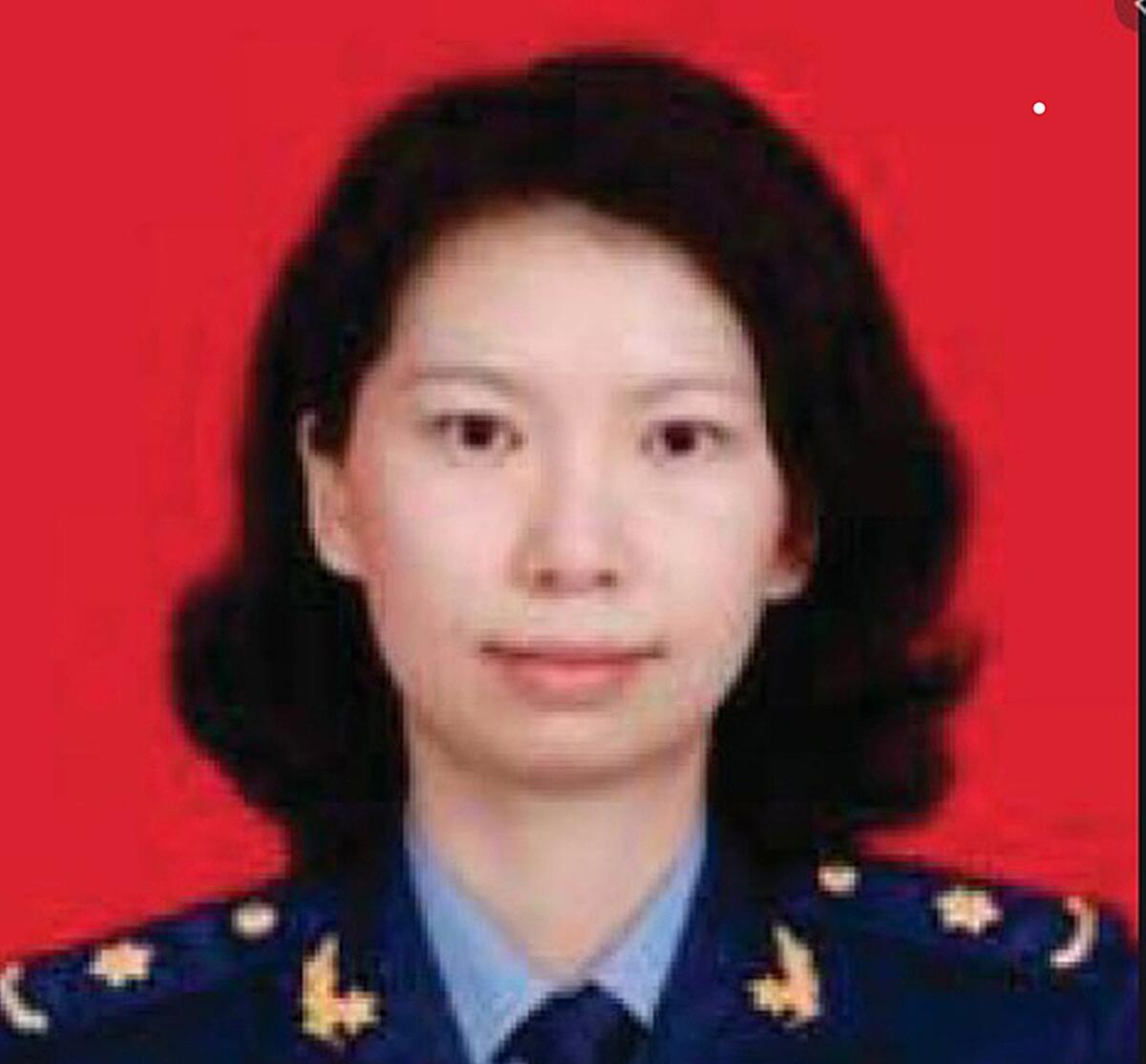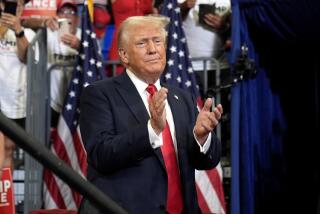U.S. prosecutors move to drop cases against Chinese researchers
The Justice Department moved in recent days to drop charges against four researchers at California universities accused of hiding their ties to the Chinese military, a blow to U.S. efforts to battle Beijing’s attempts to steal U.S. national security and business secrets.

On Thursday, federal prosecutors in Sacramento asked a judge to dismiss the case of Juan Tang, a cancer researcher at UC Davis who had been accused of lying on a visa application about having served in the Chinese military. The request was granted, and on Friday prosecutors in three similar cases sought to dismiss charges against researchers who worked at Stanford University, UC San Francisco and UCLA.
Justice Department officials had said that such prosecutions were an important part of their efforts to stop China from pilfering U.S. technology. The decision to drop the cases came after defense lawyers in the Sacramento case obtained FBI memos in which analysts raised questions about the value of such prosecutions. Though federal prosecutors in court papers dismissed the evidentiary value of the memos, they did not believe they could resolve questions about the records by the scheduled start of Tang’s trial on Monday and, so, decided to dismiss the case.
RELATED: Trump is cracking down on China. Now UC campuses are paying the price
Justice Department officials said they decided to drop the other three cases in California — and a fifth in Indiana — because the legal and factual issues were similar and the researchers faced little prison time if convicted.
“In all of our prosecutions, the Department of Justice evaluates the merits of a case as it prepares for trial,” said Wyn Hornbuckle, a Justice Department spokesman. “Recent developments in a handful of cases involving defendants with alleged, undisclosed ties to the People’s Liberation Army of the People’s Republic of China have prompted the Department to re-evaluate these prosecutions, and we have determined that it is now in the interest of justice to dismiss them.
“The Department continues to place a very high priority on countering the threat posed to American research security and academic integrity by the PRC government’s agenda and policies,” Hornbuckle added.
Defense lawyers cheered the decision. Harland Braun, an attorney representing Guan Lei, the UCLA researcher, said the Alhambra resident will return to China. Lei was indicted last year on charges of lying on a visa application when he reported he had never served in the Chinese military.
“They took us by surprise today,” Braun said of prosecutors’ decision to drop the case. “The sad thing about the case is that there was never any evidence that he was a spy and [they] never had any evidence that he had access to classified information.
“He’s not a member of the military. He didn’t hide anything from the government,” he said. “The whole thing is ridiculous.”
Malcolm Segal, an attorney representing Tang, 38, said prosecutors hadn’t provided a reason for the dismissal.
“We’re thrilled that Dr. Tang has received her passport back, been released from any bail restrictions and can return home to her family, including her young daughter, who hasn’t seen her for over a year,” he said.
Last August, a federal grand jury charged Tang, who arrived to the U.S. in December 2019, with committing visa fraud and with making false statements.
Tang had applied for a a visa in October 2019 to “conduct cancer treatment-method research” at UC Davis, according to a trial brief filed by prosecutors. The U.S. attorney’s office claimed that on her application, Tang had falsely answered “no” when responding to the question “have you ever served in the military?” as well as to questions related to Communist Party membership and whether she had any special chemical or biological experience.
Tang’s defense attorneys have claimed that she had worked as a civilian cancer researcher at a Chinese military medical facility and had disclosed this information to UC Davis. Their trial brief argued that the question “Have you ever served in the military” on the visa application has “potential for multiple correct and reasonable interpretations.”
Some leading Chinese Americans have criticized the federal authorities for what they see as growing racial profiling of their community — especially in academia — by federal agencies cracking down on China.
More to Read
Sign up for Essential California
The most important California stories and recommendations in your inbox every morning.
You may occasionally receive promotional content from the Los Angeles Times.












